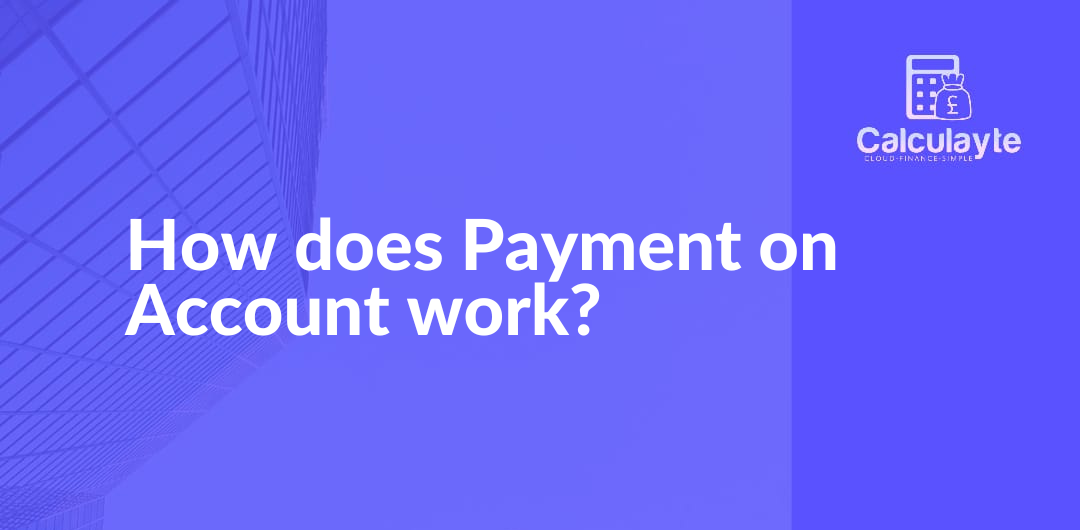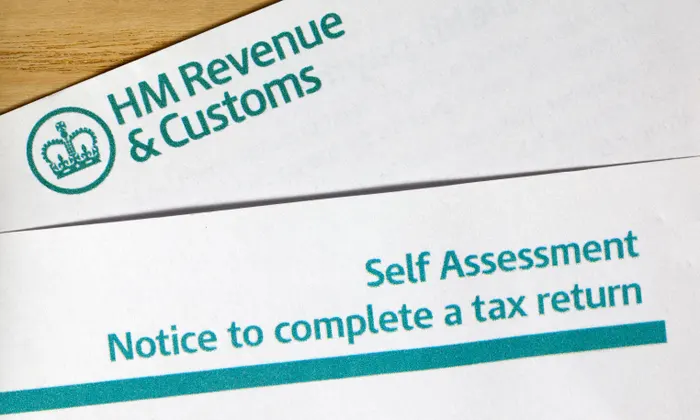Limited company directors responsibilities
As a limited company director you have certain legal responsibilities. Specifically, you must submit (‘file’) various forms and returns to both Companies House and HMRC.
Choosing to run your business as a limited company gives you many advantages. It’s usually the most efficient way to run a business in terms of taxes, and limited liability means that your home and personal possessions won’t be on the line should business take a turn for the worse.
The downside is that it’s a greater administrative responsibility than operating as a sole trader or an employee.
Who can be a director of a limited company
There are no formal qualifications or special skills that are required to become a company director. However, there are very few restrictions at all. A director must be at least 16 years old, have no history of bankruptcy and can’t be prohibited (disqualified) by a court order from being a company director. In special circumstances, a court can allow a previously bankrupt or disqualified person to become a director.
While there is no mandatory qualification, a director must be able to perform the duties shown below.
What are my director duties and responsibilities?
On becoming a director you are entrusted with the legal responsibility of running a company. Even as the founder of the company, you’re bound by a statutory code of practice and have certain legal obligations.
By forming a limited company you are establishing it as a separate legal entity to yourself. It has its own legal framework and accountabilities, and any profits losses incurred belong to the company. So, when you’re managing the company you need to treat it as a separate entity. Even if you’re the sole director and sole shareholder, you must always act on behalf of the company.
As a director, you must make decisions for the benefit of the company and not yourself. This may seem confusing if you are the sole shareholder, employee, and director, but a decision that may benefit you personally may adversely affect the company’s performance.
What you have to file as a limited company director
The following list shows the major deadlines for filings and payments. Filing dates may vary depending on the day your company was first set up. Depending on your individual circumstances you may have additional reporting and payment deadlines.
- Confirmation Statement
You must file a Confirmation Statement at least once per year. You can file more than one in a 12-month period if information about your company has changed.
It’s a criminal offence not to file your statement within 14 days of the end of the ‘review’ period. For new companies, the review period starts on the date of incorporation and ends 12 months later. The maximum period that can be covered by a Confirmation Statement is 12 months.
- Corporation Tax Payment
If your company made a profit in the accounting period, then you will likely need to pay Corporation Tax to HMRC. Any Corporation Tax due must be paid by nine months and one day after the end of the Accounting Period.
- Form CT600
Form CT600 is a return filed with HMRC once a year containing details about your company’s income, minus any tax allowances and business expenses. The remaining amount – your taxable profit – will then be used to calculate how much Corporation Tax your company must pay.
Your first Corporation Tax return is due 12 months after your first year end, and then each year within 12 months of your Accounting Period end.
- National Insurance
National Insurance (NI) will need to be paid if you earn a salary over the Primary Threshold of £9,500 a year, which is £792 per month or £183 a week (based on 2020/21 figures).
If you pay yourself above the Primary Threshold, you will have to pay Employee’s NI. If you pay yourself (or any employees or other directors) over the Secondary Threshold which is also set at £8,788 for the 2020/21 tax year (£732 per month, or £169 per week) then your company will have to pay Employer’s NI.
NI you or your company owe will usually have to be paid on a monthly basis – assuming you run your company payroll monthly.
- P60
Form P60 shows a summary of the amount of salary you’ve been paid through your limited company, and the tax that’s been deducted from it in the tax year. It is important you keep your Form P60 safe as you may need it for:
-
- completing a Self Assessment
- reclaiming overpaid Income Tax or National Insurance
-
- tax credits application
-
-
- loan or mortgage applications
-
You must give your employees (including yourself or any other directors) their Form P60 by 31st May each year.
- P11D
Form P11D summarises the value of any benefits and expenses provided to directors and employees in a tax year (6th April – 5th April).
Details are required for all directors and employees, so even if your company only has one director (i.e. you), you still have to file a Form P11D with HMRC and keep a personal copy for your own records. If no benefits are provided to any director or employee, you either have to file a nil P11D or tell HMRC one isn’t needed.
Directors and employees must receive a copy of their P11D before 6th July following the end of the relevant tax year.
- PAYE
When you’re the director of a limited company, you’ll probably want to pay yourself a salary via a PAYE scheme since you’re also an employee of the company. PAYE information is usually submitted to HMRC monthly.
- Statutory Accounts
Details about your company finances must be made public in accordance with the Companies Act 2006 and accounting standards. You must submit a set of accounts to Companies House every year (at the end of your accounting period), which includes the company’s Income Statement, Statement of Financial Position and other information in accounting notes.
A company’s first accounting period is by default set to finish the last day of the month one year after incorporation. Your first set of accounts are normally due nine months after your first company year end (or within 21 months of the company’s incorporation date if the company’s first accounting period is longer than 12 months). The deadline for submitting year-end accounts to Companies House is calculated to the exact day.
- VAT Return
At the end of every quarter, or in some cases annually, a VAT registered business or limited company must add up all the VAT they’ve added to sales, and then deduct the VAT they’ve paid on business expenses. Most freelancers and contractors will be on a VAT flat rate scheme with a limited cost trader rate of 16.5%. There are other flat rate percentages depending on your company’s industry type. The standard rate is of VAT is 20%. Since April 2019 you need to keep your VAT records digitally and submit using Making Tax Digital (MTD) compatible software.




